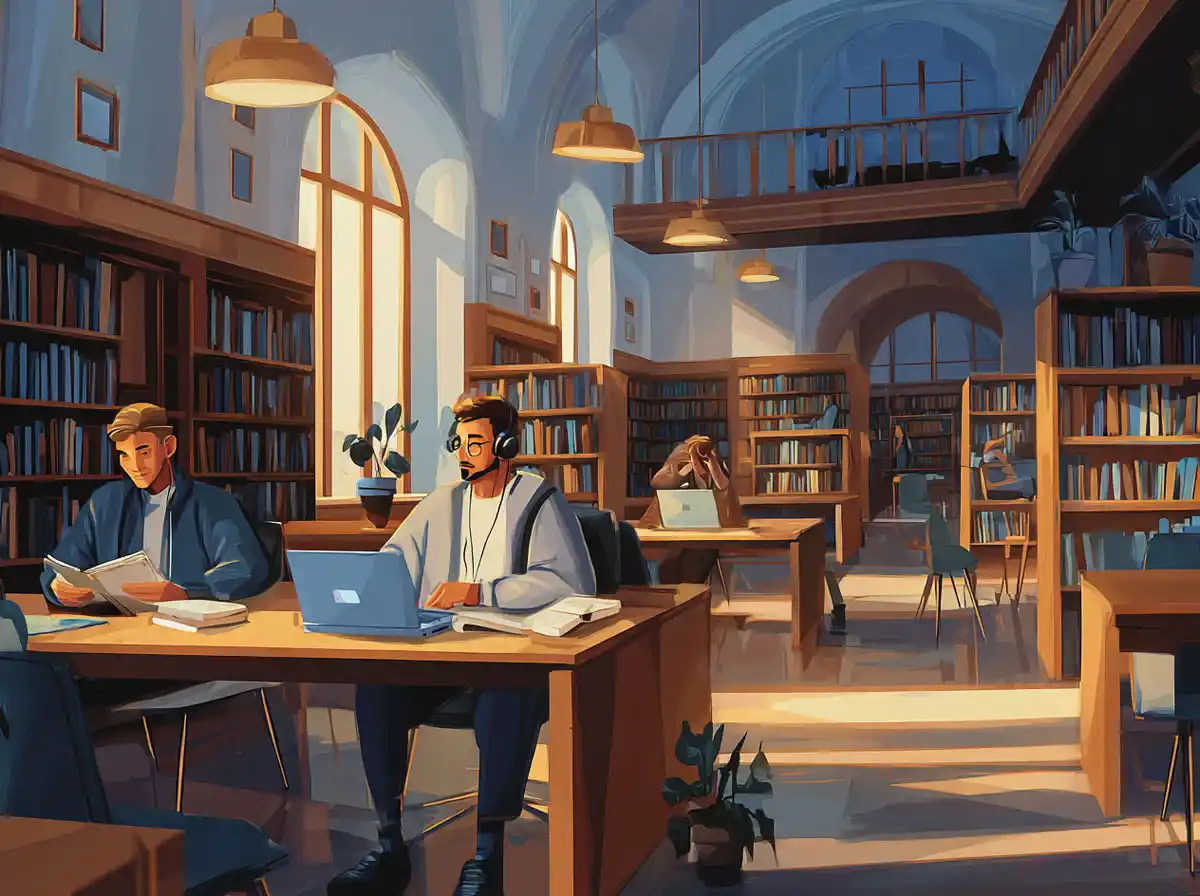What is Rosetta Stone for Kids?
Rosetta Stone for kids is a specialized version of the widely acclaimed Rosetta Stone language learning software, designed specifically for children. It adapts the core principles of the adult program to suit the learning styles and needs of younger audiences, typically ages 5 to 12. This platform focuses on building foundational language skills through interactive games, engaging lessons, and immersive activities that promote natural language acquisition without reliance on translation.
Key Features of Rosetta Stone for Kids
- Immersive Learning Environment: The program uses a fully immersive approach, encouraging kids to associate words with images and sounds rather than translations.
- Age-Appropriate Content: Lessons are tailored to be fun and understandable for children, incorporating colorful visuals and storytelling.
- Speech Recognition Technology: Integrated tools help children practice pronunciation and receive instant feedback.
- Progress Tracking: Parents and educators can monitor the child’s advancement through detailed reports.
- Multiple Language Options: Offers a variety of languages, including Spanish, French, German, Chinese, and more.
Why Choose Rosetta Stone for Kids?
When selecting a language learning platform for children, several factors come into play such as engagement, ease of use, effectiveness, and educational value. Rosetta Stone for kids excels in these areas, making it a popular choice among parents and teachers.
Immersive Methodology Promotes Natural Language Acquisition
Unlike traditional language classes that rely heavily on grammar drills and memorization, Rosetta Stone for kids emphasizes learning through context and visual cues. This immersive approach mimics the way children learn their native language, which research shows is highly effective for long-term retention and fluency.
Engaging and Interactive Learning Experience
The platform’s games and activities are designed to keep young learners motivated and interested. Interactive exercises such as matching games, pronunciation challenges, and story-based lessons make learning fun and reduce the frustration that can sometimes accompany language study.
Convenience and Flexibility
Rosetta Stone for kids can be accessed on various devices including tablets, computers, and smartphones, allowing children to learn anytime and anywhere. This flexibility helps integrate language practice into daily routines effortlessly.
Comparing Rosetta Stone for Kids with Other Language Learning Tools
In the crowded market of language learning apps, it’s important to understand how Rosetta Stone for kids stands out and where it might have limitations.
Rosetta Stone vs. Talkpal
- Talkpal: Focuses on real-time conversational practice with native speakers, making it excellent for developing speaking and listening skills through live interaction.
- Rosetta Stone for Kids: Emphasizes structured, immersive learning with a self-paced curriculum, ideal for building foundational vocabulary and grammar.
While Talkpal offers more dynamic interaction, Rosetta Stone provides a solid base that prepares children for more advanced conversational practice, making the two complementary rather than mutually exclusive.
Rosetta Stone vs. Duolingo for Kids
- Duolingo for Kids: Uses gamification and bite-sized lessons but is less immersive and relies more on translation and English explanations.
- Rosetta Stone for Kids: Offers a deeper immersion without translation, fostering a more natural learning process.
How to Maximize Your Child’s Success with Rosetta Stone for Kids
To get the most out of Rosetta Stone for kids, parents and educators should consider the following strategies:
Create a Consistent Learning Schedule
- Set aside regular time slots each day or week dedicated solely to language practice.
- Encourage short, frequent sessions rather than long, infrequent ones to sustain attention and retention.
Engage in Supplementary Activities
- Complement software lessons with real-world experiences such as watching children’s shows or reading books in the target language.
- Encourage speaking practice with family members or through platforms like Talkpal to reinforce conversational skills.
Monitor Progress and Celebrate Achievements
- Use Rosetta Stone’s progress tracking tools to identify areas of strength and those needing improvement.
- Celebrate milestones to motivate continued learning and build confidence.
Benefits of Early Language Learning with Rosetta Stone for Kids
Starting language education early has numerous cognitive, social, and academic benefits. Rosetta Stone for kids helps leverage these advantages effectively:
- Improved Cognitive Abilities: Enhances memory, problem-solving skills, and multitasking ability.
- Better Pronunciation and Accent: Early exposure to native sounds leads to more authentic pronunciation.
- Greater Cultural Awareness: Encourages appreciation and understanding of diverse cultures through language.
- Enhanced Academic Performance: Bilingual children often perform better in subjects like math, reading, and writing.
Is Rosetta Stone for Kids Worth the Investment?
Given its proven methodology, engaging content, and positive user feedback, Rosetta Stone for kids represents a valuable investment in your child’s language education. The platform’s ability to adapt to different learning paces and styles makes it suitable for a wide range of children. While it may be pricier than some free apps, the quality and depth of instruction justify the cost for many families seeking serious language acquisition.
Pricing and Subscription Options
- Monthly and yearly subscription plans available.
- Family plans that allow multiple children to learn simultaneously.
- Free trial periods to evaluate the program before committing.
Conclusion
Rosetta Stone for kids offers an immersive, effective, and enjoyable way for young learners to acquire new languages. Its focus on natural language acquisition, interactive lessons, and accessibility makes it a top choice for parents and educators worldwide. When combined with complementary tools like Talkpal for conversational practice, children can develop comprehensive language skills that will serve them throughout their academic and personal lives. Investing in Rosetta Stone for kids is investing in your child’s future ability to communicate across cultures and broaden their horizons.










